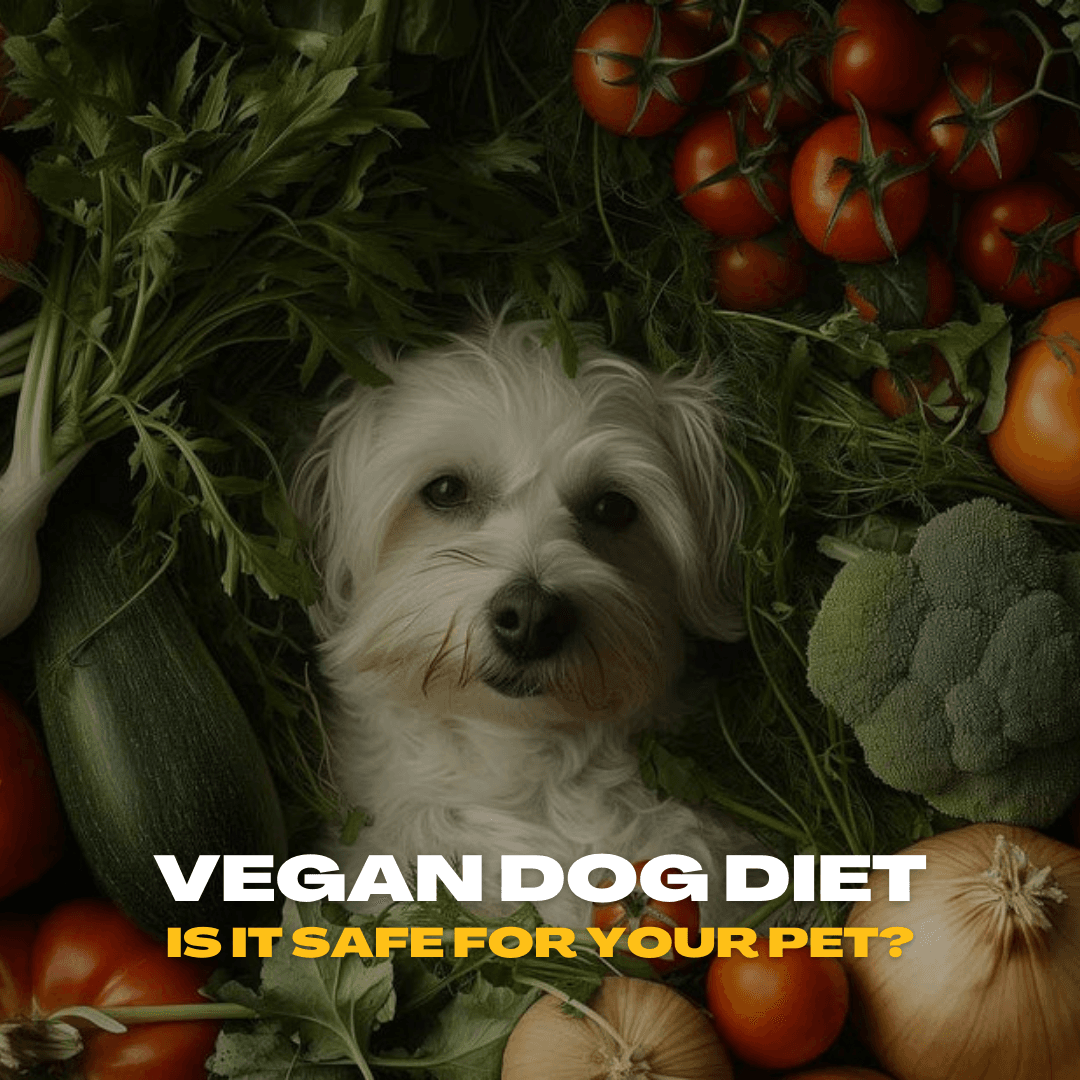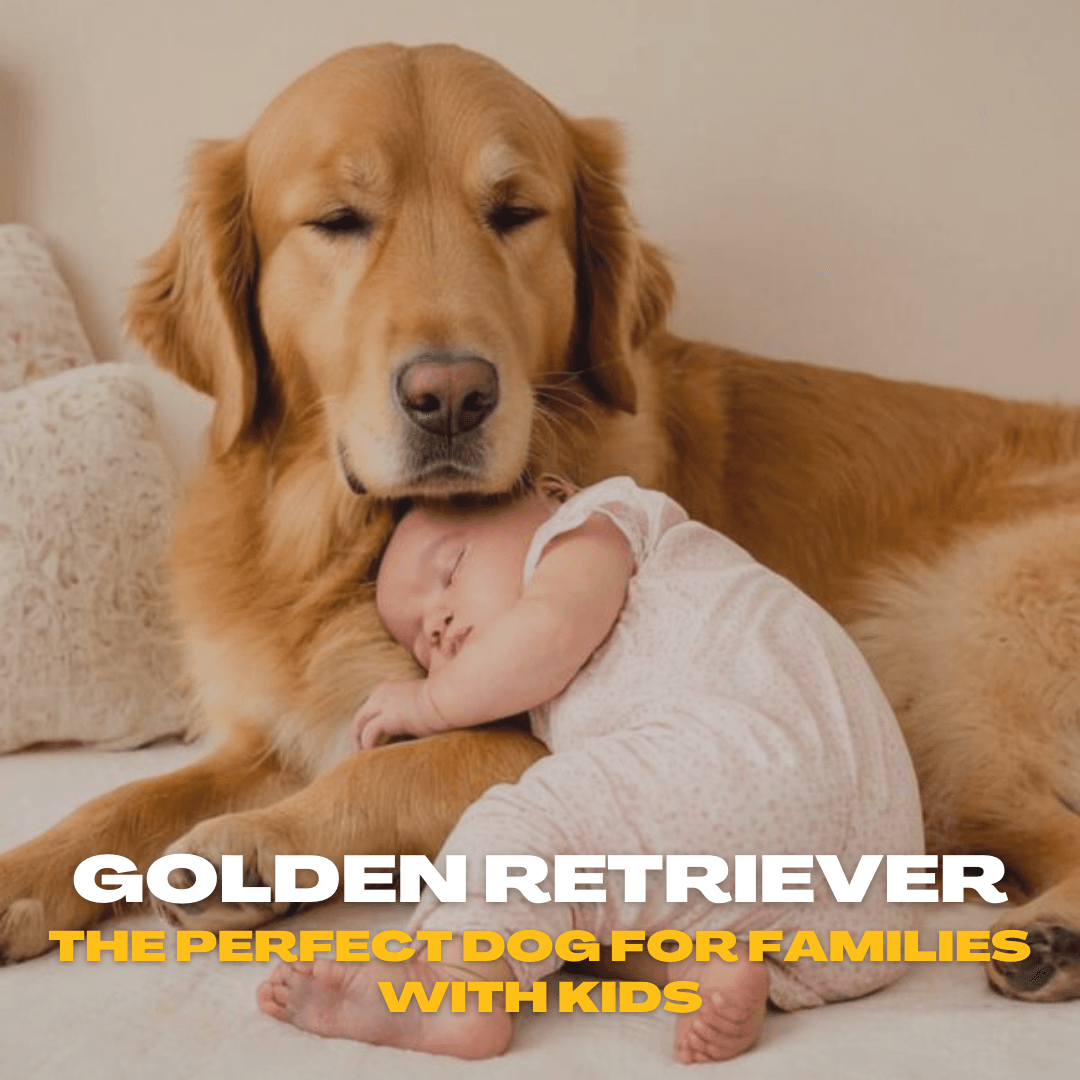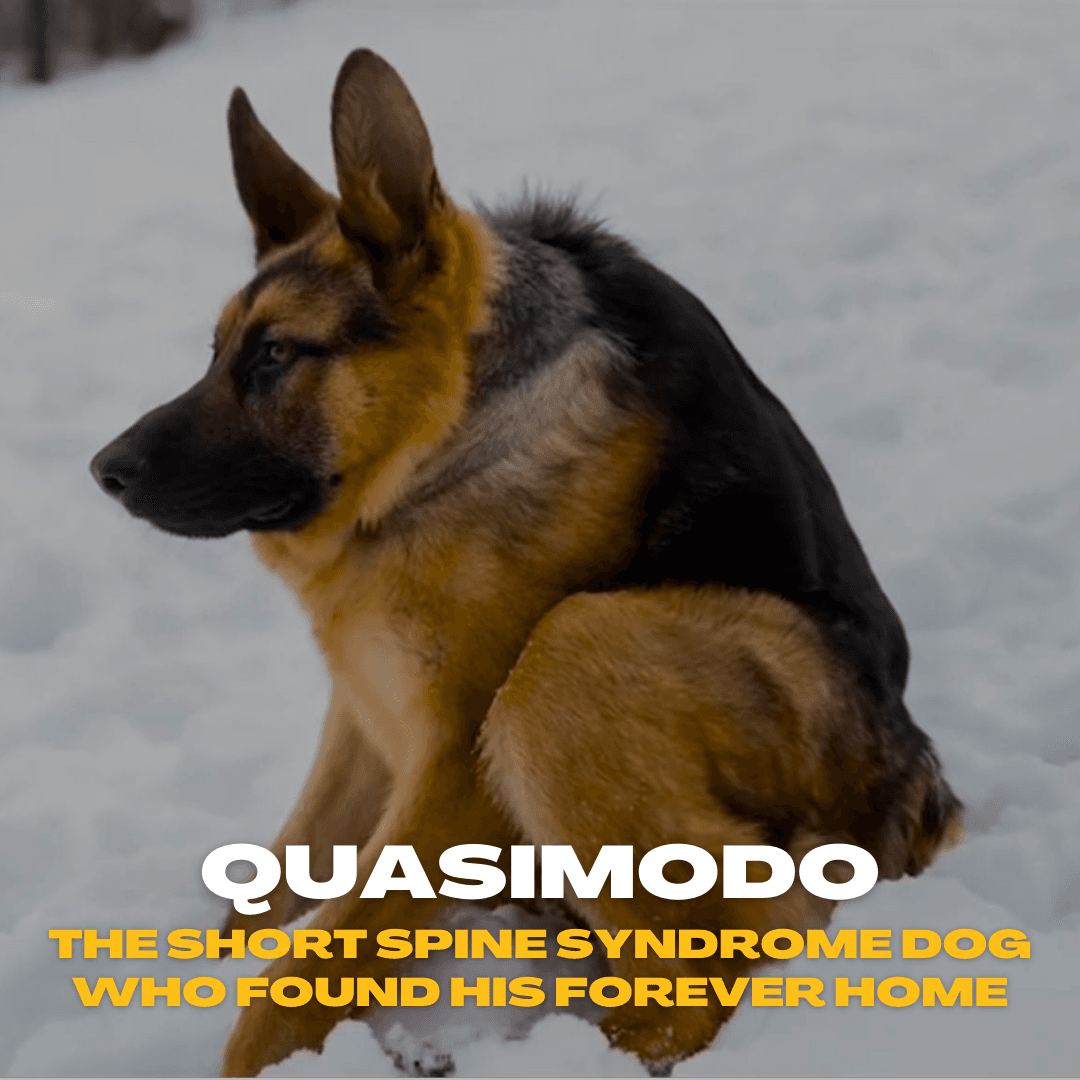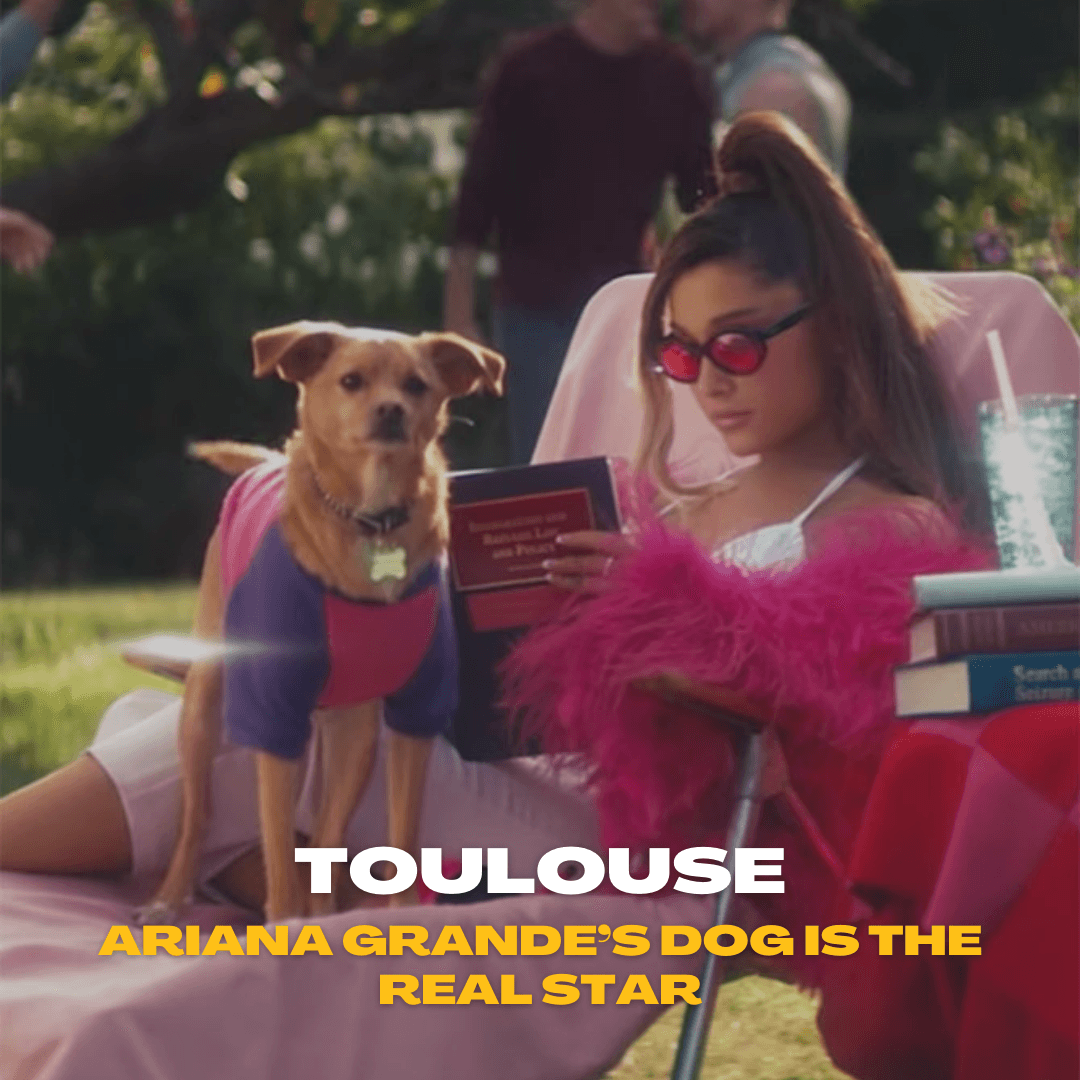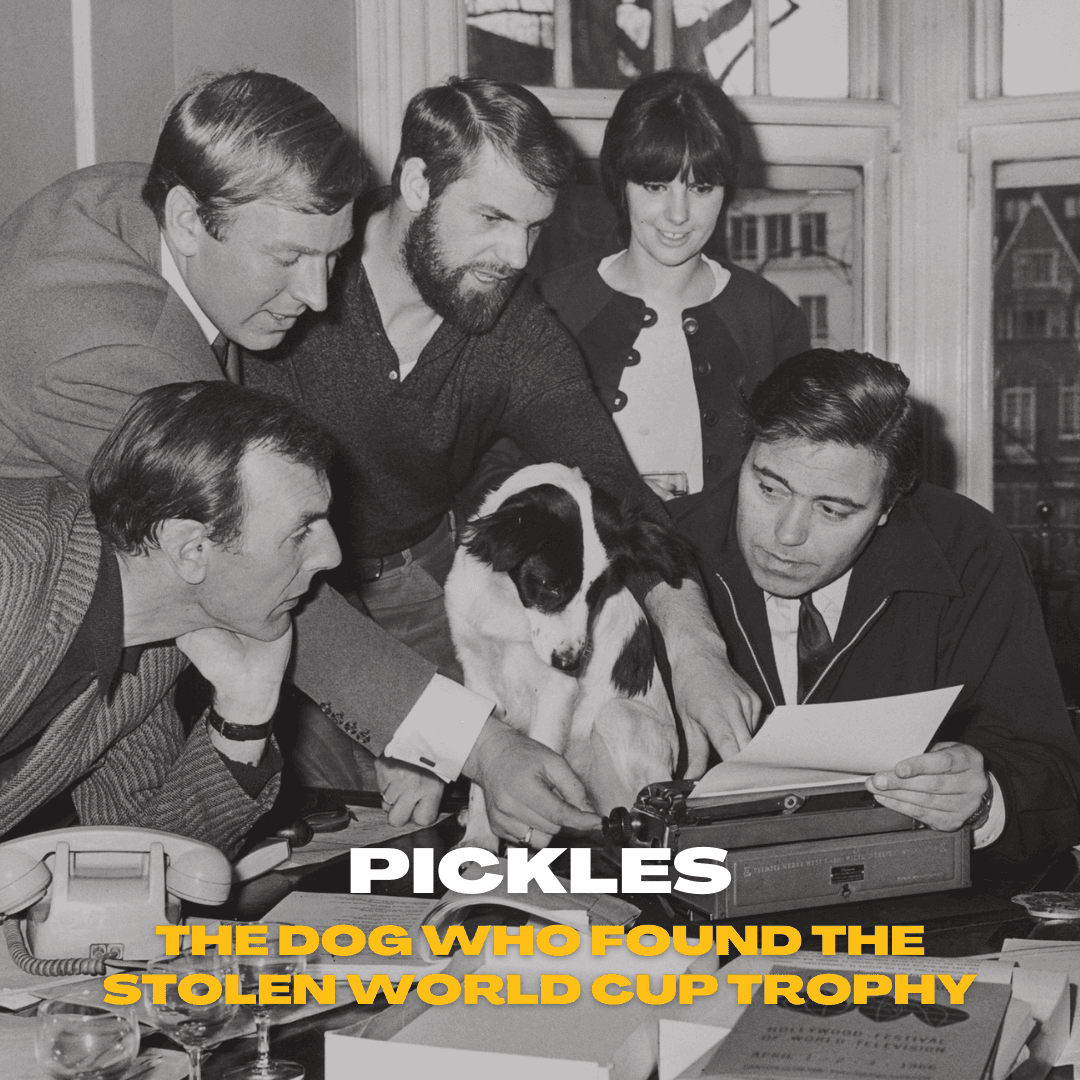When it comes to feeding your furry friend, there are countless diet options available. One growing trend among pet owners is the vegan dog diet. But is this lifestyle choice safe for dogs? Just like humans, some dog owners are choosing plant-based diets for their pets due to ethical, environmental, or health reasons. However, feeding dogs – naturally carnivorous animals – a vegan diet can be a topic of concern. In this article, we’ll explore the pros and cons of a vegan dog diet, and whether it could be the right choice for your pet.
What is a Vegan Dog Diet?
A vegan dog diet excludes all animal products, including meat, dairy, and eggs. Instead, dogs are fed plant-based foods like grains, legumes, vegetables, and fruits. The idea behind this diet is to provide all the necessary nutrients dogs need but through entirely plant-based sources.
It’s important to note that a vegan diet differs from a vegetarian diet. While vegetarian diets for dogs may still include eggs and dairy, vegan diets are strictly plant-based.

Pros of a Vegan Dog Diet
While controversial, there are some benefits to feeding your dog a vegan diet, depending on how well it’s managed. Here are a few potential pros:
Ethical and Environmental Benefits
For many dog owners, choosing a vegan dog diet is an ethical decision. If you follow a vegan lifestyle yourself, you might not feel comfortable feeding animal products to your dog. Additionally, reducing animal agriculture can help lower your pet’s environmental footprint. By opting for a vegan diet, you’re contributing to fewer animals being raised and processed for food, which helps reduce greenhouse gas emissions and water usage.

Potential Health Benefits
Some proponents of the vegan dog diet argue that plant-based foods can help reduce the risk of certain health issues, such as allergies, digestive problems, and obesity. Dogs with meat-based protein allergies, for example, might benefit from a carefully managed vegan diet, as plant-based foods can eliminate common allergens found in traditional dog foods.
Moreover, many commercially prepared vegan dog foods are fortified with vitamins, minerals, and supplements to ensure dogs get the nutrients they need. If the diet is balanced and includes essential amino acids like taurine and L-carnitine, dogs can thrive on vegan food.
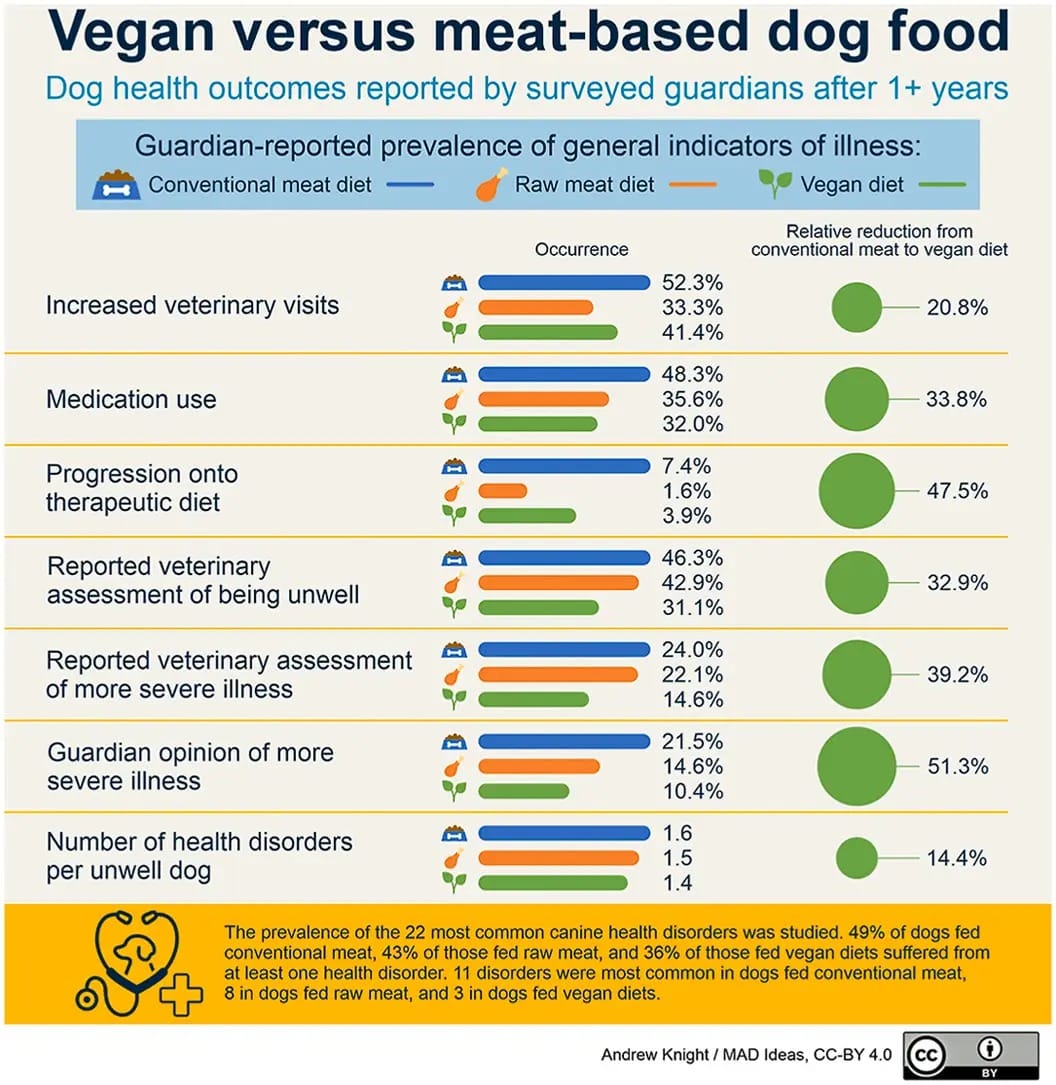
Weight Management
A well-structured vegan dog diet could help with weight management in overweight dogs. Plant-based foods tend to be lower in calories and fat compared to meat-based diets. This could help dogs maintain a healthier weight, reducing the risk of joint problems and other weight-related issues.
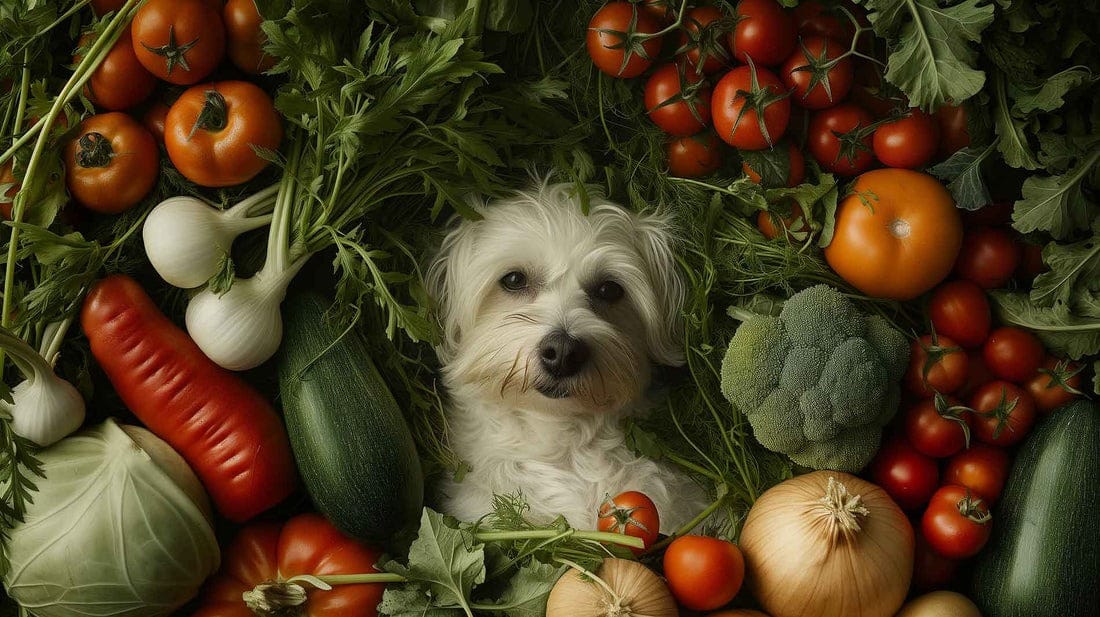
Cons of a Vegan Dog Diet
While there are some potential benefits, it’s essential to weigh them against the risks and challenges of feeding your dog a vegan diet. Here are a few cons to consider:
Nutritional Deficiencies
One of the biggest concerns surrounding the vegan dog diet is the risk of nutritional deficiencies. Dogs, while omnivores, still rely on certain nutrients that are most easily obtained from animal sources. For instance, amino acids like taurine and L-carnitine, which are crucial for heart and muscle health, are not naturally found in plant-based foods. Without proper supplementation, dogs can suffer from deficiencies that lead to serious health problems, including heart disease.
Any vegan dog diet must include supplements or fortified foods that provide these essential nutrients, but not all homemade or store-bought vegan foods guarantee this balance.
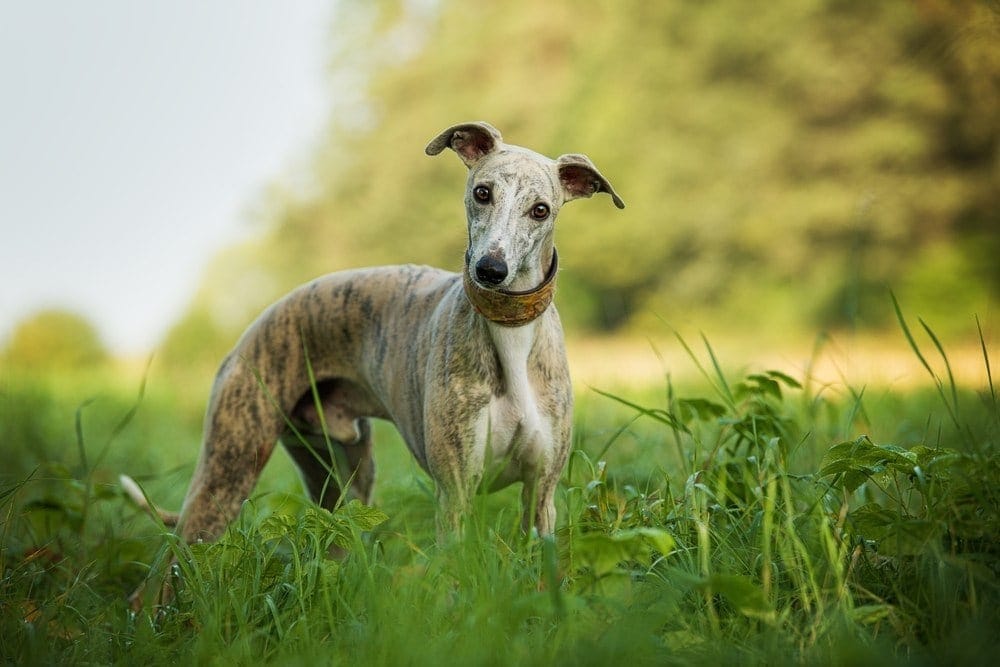
Digestive Issues
Not all dogs adapt well to a vegan dog diet. Dogs have shorter digestive tracts designed to process animal proteins more efficiently than plant matter. Some dogs may experience bloating, gas, or upset stomachs when transitioning to a vegan diet, particularly if the change is too sudden or if their digestive system is sensitive to legumes or high-fiber plant foods.

See more: 5 Common Dachshund Health Problems and Tips to Keep Them Healthy
Extra Planning and Expense
Creating a balanced vegan dog diet often requires careful planning and sometimes extra expense. Not all commercial vegan dog foods are readily available, and the high-quality ones that are can be more expensive than traditional dog food. Additionally, ensuring your dog gets the right balance of protein, carbohydrates, fats, and micronutrients from plant-based sources can be a challenge. Regular veterinary checkups and blood tests are essential to monitor your dog’s health on this diet, adding to the overall cost and complexity.
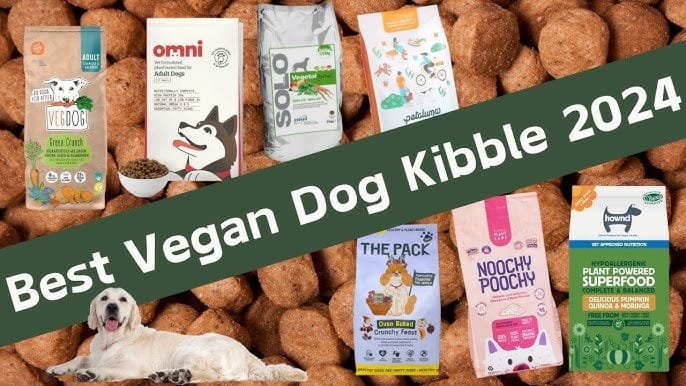
Controversy Among Veterinarians
Many veterinarians remain skeptical about the long-term safety of a vegan dog diet. While dogs can survive on a plant-based diet, the question remains whether they can truly *thrive* on one. Since dogs are descended from wolves, their digestive systems are still more suited to a diet that includes meat. Some vets argue that forcing a vegan diet on dogs goes against their biological needs, and may do more harm than good in the long run.
Is a Vegan Dog Diet Right for Your Pet?
So, is the vegan dog diet safe for your pet? The answer depends on a variety of factors, including your dog’s specific health needs, breed, and lifestyle. Some dogs may thrive on a well-balanced vegan diet, especially if they have allergies to meat or other animal-based ingredients. However, for most dogs, maintaining a balanced and nutritious vegan diet can be difficult without careful planning and veterinary supervision.
If you are considering transitioning your dog to a vegan dog diet, it’s essential to consult your vet first. They can help you determine whether your dog can safely switch to a vegan diet and provide guidance on the necessary supplements to avoid nutritional deficiencies.

Conclusion
The vegan dog diet is certainly a topic of debate among pet owners and veterinarians alike. While there are ethical and potential health benefits, there are also significant risks if the diet isn’t properly managed. If you decide to pursue this path for your pet, make sure you do thorough research, invest in high-quality, fortified vegan foods, and seek professional advice to ensure your dog remains healthy and happy.
—
If you found this article helpful, don’t forget to share it with fellow pet lovers who might be considering a vegan diet for their dogs!
